Online Resources
Treaties (15 resources)
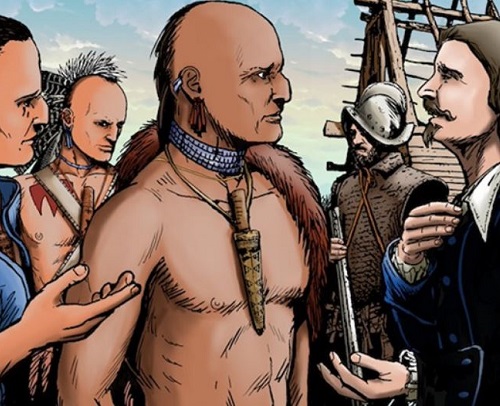
The “First Thanksgiving”: How Can We Tell a Better Story?
Classroom
This inquiry resource provides evidence to help teachers and students dispel the myth of the “First Thanksgiving.”

The Quapaw Treaty Was Honored for Only Six Years Before the United States Broke It
Blog
This document signed in 1818 serves as a reminder of the unfairness of the federal government's approach to negotiating with Native communities.
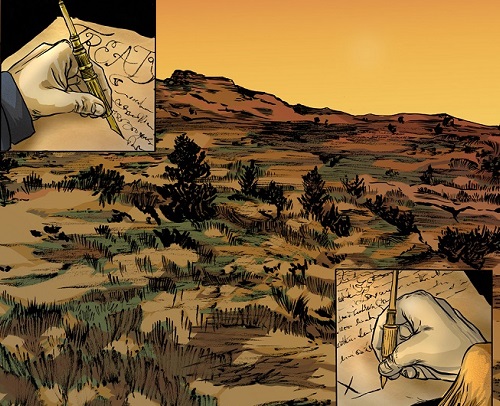
Becoming a Native Knowledge 360º Educator: Is a Treaty Intended to be Forever?
Video Playlist
In this four-part professional development series, educators will explore how to teach about treaties and their relevance today.

Nation to Nation
Website
Treaties define the sovereign relationship between the United States and American Indian Nations.

What the 1865 Cheyenne Arapaho Treaty Represents About the United States' Broken Promises to Native Americans
Blog
This treaty was negotiated 11 months after the Sand Creek Massacre that took place on November 29, 1864, a day that will live in infamy in the lives of modern Cheyenne and Arapaho people.
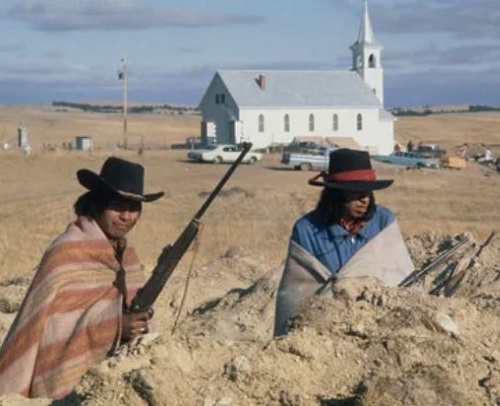
A Return to the Wounded Knee Occupation, 50 Years Later
Blog
A series of events led to the Wounded Knee occupation, one of the most significant being the Trail of Broken Treaties.

Teach-In: What is Tribal Sovereignty?
Video
Award-winning journalist Rebecca Nagle (Citizen of the Cherokee Nation) explains that tribal sovereignty is the inherent authority of Indigenous tribes to govern themselves.
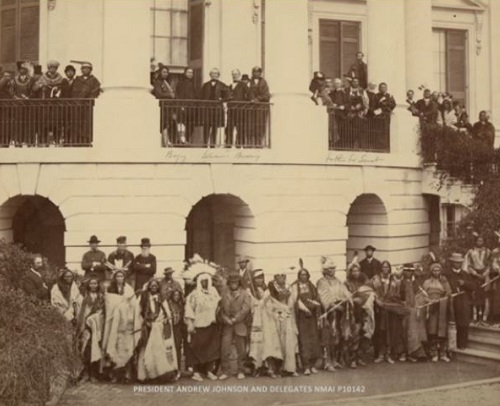
Tribal Sovereignty: Why it Matters for Teaching and Learning about Native Americans, Part 1
Video
In part one of this webinar, participants learned about different aspects of sovereignty, including non-political components such as cultural autonomy.
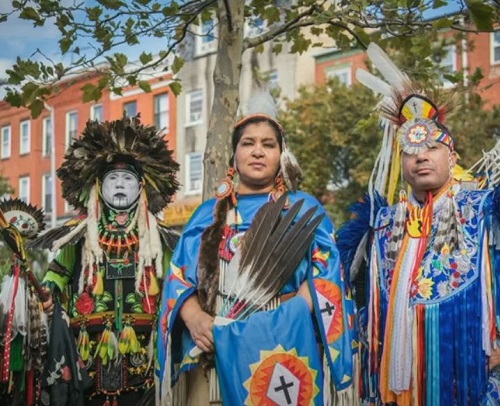
Tribal Sovereignty: Why it Matters for Teaching and Learning about Native Americans, Part 2
Video
In part two of this webinar, participants heard from museum education staff about ways to teach tribal sovereignty to their students.

Policy Pendulum Swings: Tribal Reorganization, Termination, and Self-Determination
Video
This webinar focused on three vastly divergent federal Indian policies and their positive and negative impacts on Native nations historically and today.

The Importance of U.S. Federal Indian Policy + Understanding the Colonial and Treaty Eras
Video
This webinar examined why an understanding of the history of U.S. federal Indian policy is critical to understanding the relationship between Native nations and the United States today.
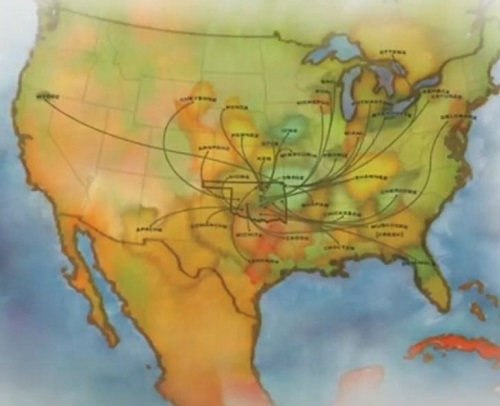
The Human Side of the Removal, Allotment, and Assimilation Policies
Video
This webinar considered how U.S. federal Indian policies impact people and communities on a personal level.

Nation to Nation: Sovereign Rights, Sovereign People
Video
This video introduces the goals of the sovereign rights movement.
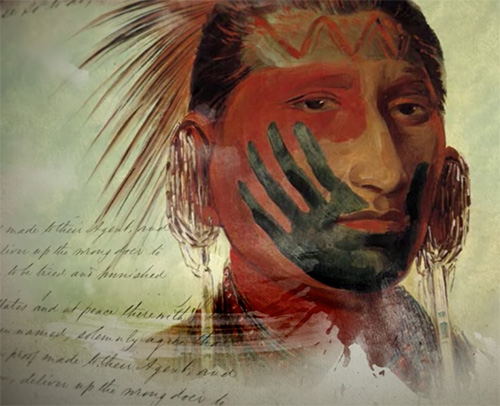
Nation to Nation: Introduction
Video
While many treaty promises remain unfulfilled, the principle of sovereignty makes treaties vital to Indian life today.
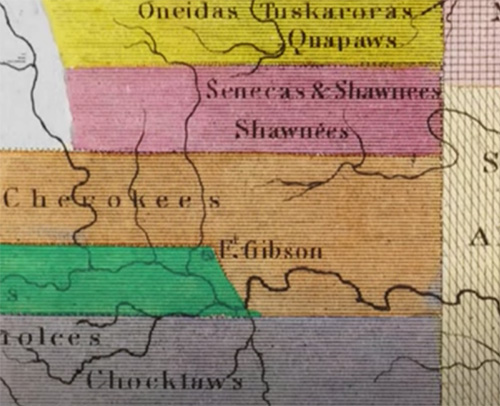
Nation to Nation: The “Indian Problem”
Video
For Indian nations, U.S. government policies that undermined tribal sovereignty resulted in broken treaties, vast land loss, removal and relocation, population decline, and cultural decimation.

